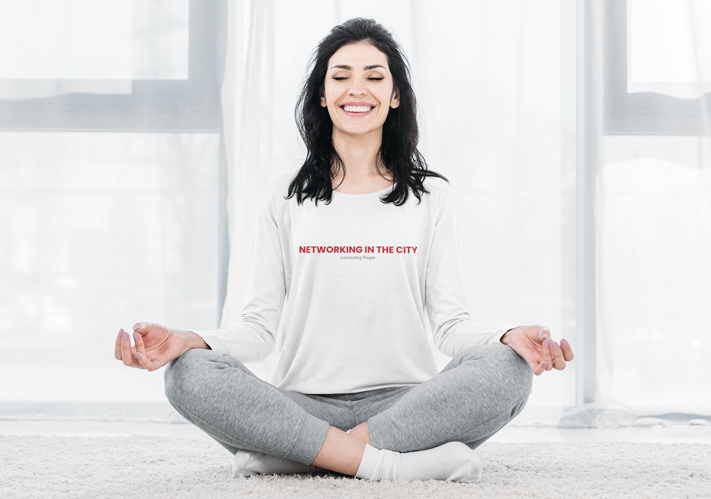Most hopeful candidates show up to a job interview with smart clothes, a firm handshake and a smile. Whilst this will make a good impression it will fail to compete with other candidates who have thought outside the box.
If you want to make an even better impression in a job interview you must bring these 2 things.
Pen and notepad
“The notebook-pen combo is both a signalling item and an instrumental tool. This is where you can keep any questions you’ve developed, important facts and figures, or information you are given while at your interview.” – The Interview Guys
If you want the interviewer to take you seriously you should bring some pen and paper. It will demonstrate how serious you are about the role and allow you to take notes. This doesn’t mean to say you should be staring at your lap the entire time, but take a few notes now and again on anything really important – hours, wages, specific duties, and so on.
You should also prepare some questions in advance to ask the manager. Here are some great questions to ask in an interview to give you an idea:
- What would be the biggest challenge I would face if hired?
- Can you tell me more about the company’s working culture?
- What would make a successful candidate?
- Where is the company heading over the next 5 years?
- What do you like best about working for the company?
Here are some more ideas for questions you could ask:
You may of course have more specific questions to ask, so jot them down and you won’t forget. In addition to looking professional and interested in the role, asking questions that you’ve brought in will make an even better impression.
“You will develop smart and useful questions to ask the interviewer(s) by researching the company you’re going to interview with. Read their website and the LinkedIn profiles of their leaders — especially the leader who will be your boss if you take the job. Google search the company name to learn about what’s happening in their industry.” – Liz Ryan, Forbes
Copies of your CV
Print out 3-4 copies of your CV to take to the interview. You can use a copy to read on the journey there (if you’re not driving of course), and make sure you know every word, every skill, and every flaw in your credentials.
Even though you wrote your CV it still needs revising a few minutes before you enter – it’s easy to forget the small details. It will help you to prepare for questions about your career and you can also pick up on any weaknesses. Preparing answers in advance will help the interview to flow better. For example, if you don’t have much relevant work experience it’s likely the interviewer will question you about that. Lacking in a few skills? Again, you are likely to be grilled on how you are going to be efficient without those skills.
Make sure your CV looks highly professional – if it’s stayed the same for years, think about downloading a new fresh CV template and reformatting it before the big day. There are lots of free Word CV templates here.
Additional copies of your CV can also be handed out to whoever is taking part in the interview. There are a few different interview formats but the two most common are panel and one to one. A panel interview is typically 3 people, whilst the one to one interview format will always be your ‘soon to be’ manager. They may forget to bring a copy of your CV into the room which is where you can step in and save the day.
Having both a pen and notepad along with extra copies of your CV will look very prepared and very professional. It shows you are taking this whole process seriously and clearly want the job. You may be the only person throughout all the interviews that takes notes, asks questions and hands out a CV. Assuming you answer the questions well and have the relevant attributes; you have a great chance of being hired!


